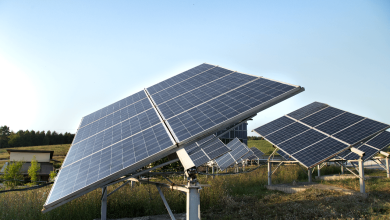Explore air conditioner’s impact on your body and environment

Air conditioners have emerged as our steadfast companions in the summer season, providing a cool and fresh respite from the scorching heat outside. While these cooling devices have become an integral part of our lives, offering comfort and relief from the heat, it’s essential to peel back the layers and explore the less visible aspects of the air conditioners especially in the areas of health and environment.
Let us check the effects of this appliance on the health of human beings.
Respiratory Issues;
Dryness and irritation of the respiratory tract is a common issue. The constant circulation of conditioned chilled air can result in drying out of respiratory mucosa causing discomfort and irritation. Aggravation of existing respiratory conditions are caused when individuals with asthma or allergies may find their symptoms rising as the cool air may trigger respiratory distresses and allergic reactions.
Skin Problems;
Using air conditioners contribute to increase in humidity levels, potentially causing skin to lose moisture leading to dryness and dehydration. Along with this, people with skin conditions like eczema or psoriasis may experience a high scale of discomfort as the low humidity levels aggravate the conditions.
Headaches and Fatigues;
Prolonged exposure to air conditioning especially during sleep may disrupt sleep patterns affecting overall quality of rest. Additionally, the ACs can lead to headaches and migraines along with fatigue.
These were the ill effects of air conditioners on human health.
Air conditioners, while giving us a breezy effect inside our houses, have a very bad influence when it comes to the outside environment. Now let us go into the bad effects that air conditioners have on the environment.
Energy Consumption and Greenhouse Gases emissions;
It is a proven fact that the refrigerants used in air conditioners have a substantial carbon footprint according to research contributing to global warming and climate change issues. Energy intensive nature of air conditioning units, particularly larger scales, contributes to carbon emissions. This has been tried to control by building the appliances with energy efficient materials and giving a star rating thereby improving the quality of the products.
Air Quality Degradation;
Closed air conditioned places leads to recirculation of indoor pollutants in the air reducing air quality along with presence of bacteria and germs in the air. IPt can lead to respiratory diseases.



